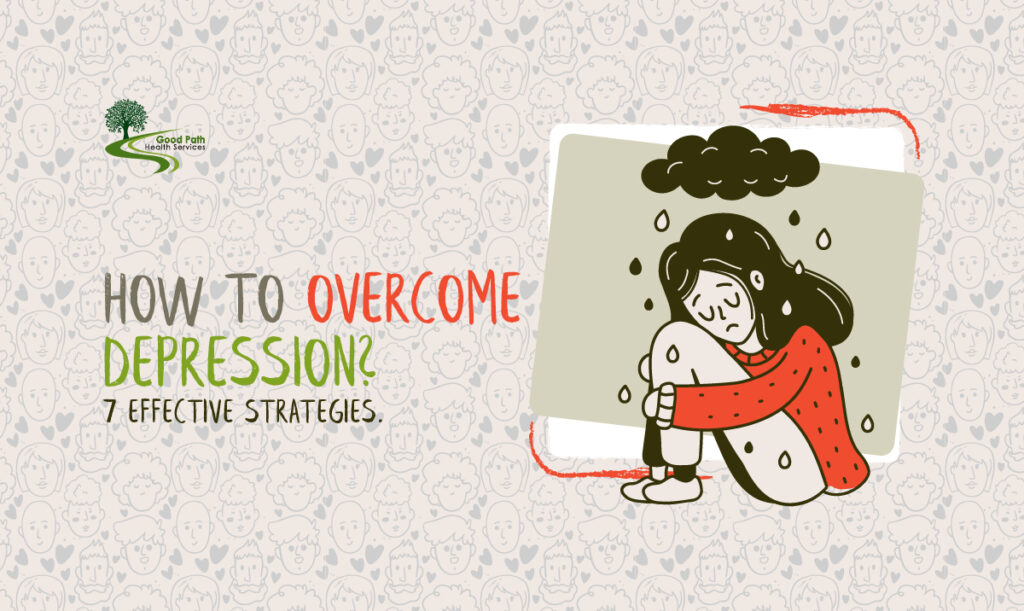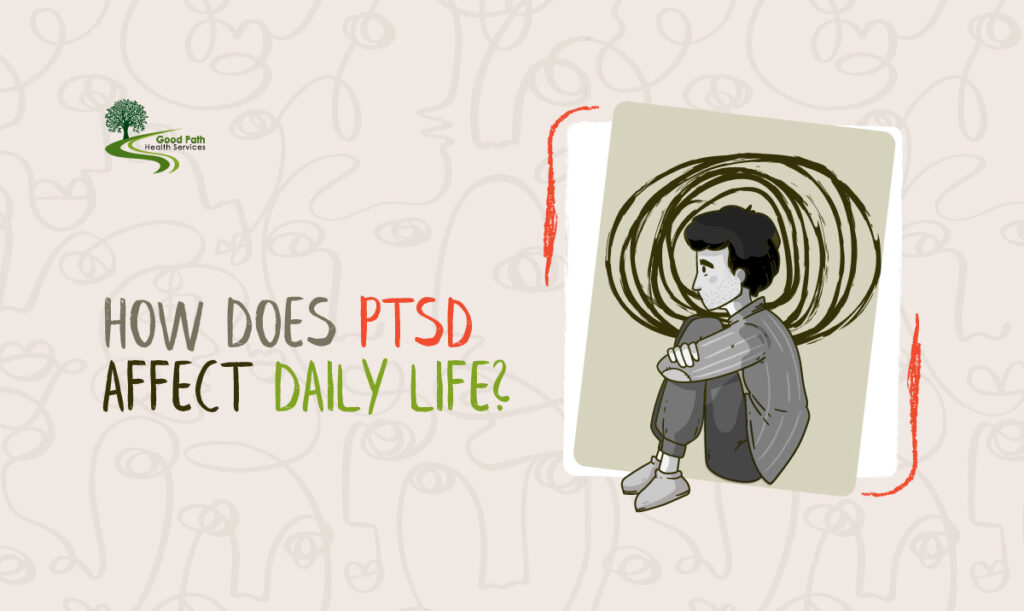
Amoxicillin is a drug that is popularly prescribed for treatment of various bacterial infections which range from strep throat to urinary tract infection.
However, while it is generally considered safe and effective, some individuals may have unexpected side effects such as sleep problems or insomnia.
The blog below will be talking about whether amoxicillin can cause insomnia and what you can do if you are experiencing sleep issues while taking this medication.
What is Amoxicillin?
It is one of the penicillin-type antibiotics and it prevents bacteria from growing by destroying them.
This antibiotic treats bacterial infections like ear infections, bronchitis, pneumonia, and skin infections.
The antibiotic has different forms including capsules, tablets and liquid suspension hence making it available for adults as well as children.
The Connection with Insomnia
Some people complain of disturbed sleep patterns when taking amoxicillin despite its main purpose being targeting bacterial infections in the body.
Insomnia is one of these possible side effects listed for amoxicillin meaning difficulty falling asleep or staying asleep.
Despite that, not everyone will feel this way and chances of developing insomnia differs in everyone’s case.
Related Read: How to Know If You Have Insomnia?
Can Amoxicillin Cause Insomnia?
Now let’s talk about the important question: Can amoxicillin cause insomnia?
Exactly how amoxicillin might bring on insomnia is not well understood.
However, some theories propose that selected people may be susceptible to the drug’s influence on the central nervous system.
Also, disturbances in gut bacteria – referred to as the microbiome – can affect sleep.
Related Reads:
Tips for Managing Insomnia While Taking Amoxicillin
If you’re having trouble sleeping while taking amoxicillin, there are a number of things you can do to improve your sleep:
1. Take Amoxicillin Earlier in the Day
Given that insomnia can result from using amoxicillin, try and take your medication earlier so that it does not disrupt your sleep at night. Through increasing time span between taking your last dose and sleeping time will reduce chances of experiencing sleep disturbances.
2. Practice Good Sleep Hygiene
Having a consistent sleep schedule as well as designing a relaxing bedtime routine can help train our bodies when it is time for rest.
This includes avoiding stimulating activities and electronic gadgets before going to bed and creating an environment conducive for better sleep quality.
3. Think About Other Treatment Options
If you can’t sleep after doing all these, consult your doctor about other medications or adjusting yours.
They might recommend a change in the antibiotic or prescribe sleeping pills to help deal with those disturbances in your sleep.
Conclusion
Although generally tolerable, insomnia may occur as an adverse event from Amoxicillin use.
If you have difficulties falling asleep while on Amoxicillin, make sure you bring this matter up to your healthcare provider without delay so that they can give suggestions on how best to cope with insomnia and when necessary provide any alternative treatment options.
Prioritize Your Health with Good Path Health Services
At Good Path Health Services, we’re provide comprehensive healthcare solutions for you.
If you’re dealing with insomnia and sleep issues, reach out for guidance and treatment.
Book an appointment for better health today.
FAQs
Can anyone experience insomnia while taking amoxicillin?
Not everyone will experience disturbed sleep while using the drug even though it is listed among the possible side effects of Amoxicillin.
One’s personal factors such as sensitivity to the medication and overall health can affect the likelihood of developing insomnia.
How long does insomnia typically last when taking amoxicillin?
Insomnia experienced as a side effect of amoxicillin is usually temporary and resolves once the course of medication is completed.
However, if sleep disturbances persist or worsen, it’s essential to consult with your healthcare provider for further evaluation and management.
Are there any other side effects associated with amoxicillin?
In addition to insomnia, common side effects of amoxicillin may include nausea, vomiting, diarrhea, and allergic reactions.
It’s essential to familiarize yourself with the potential side effects of any medication and to seek medical attention if you experience severe or concerning symptoms.



